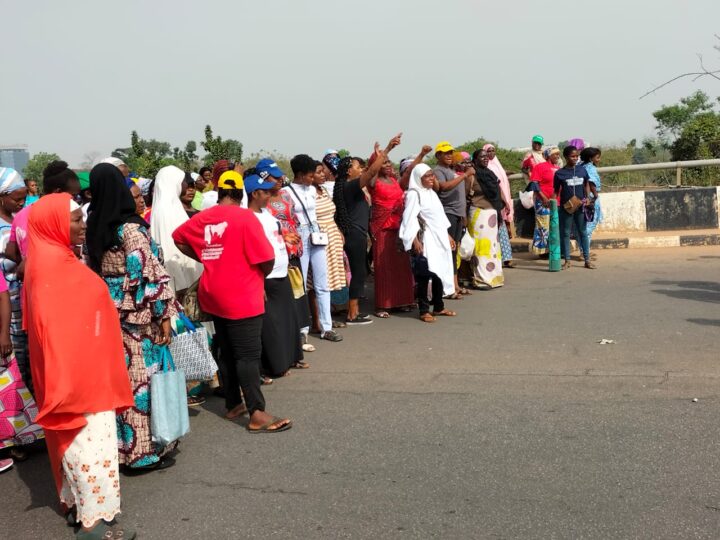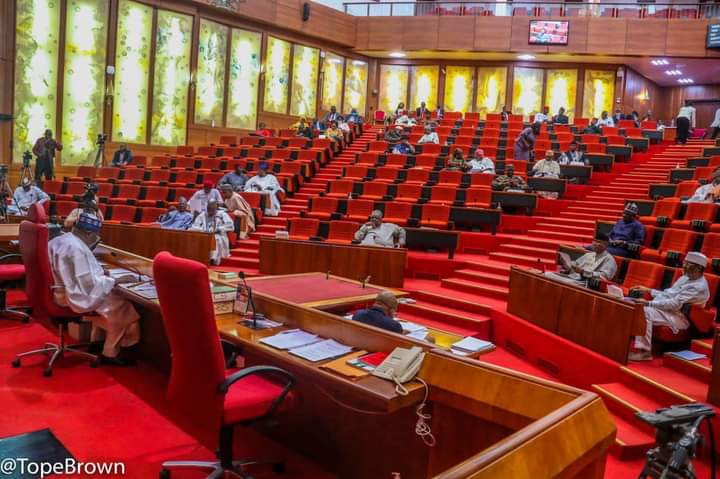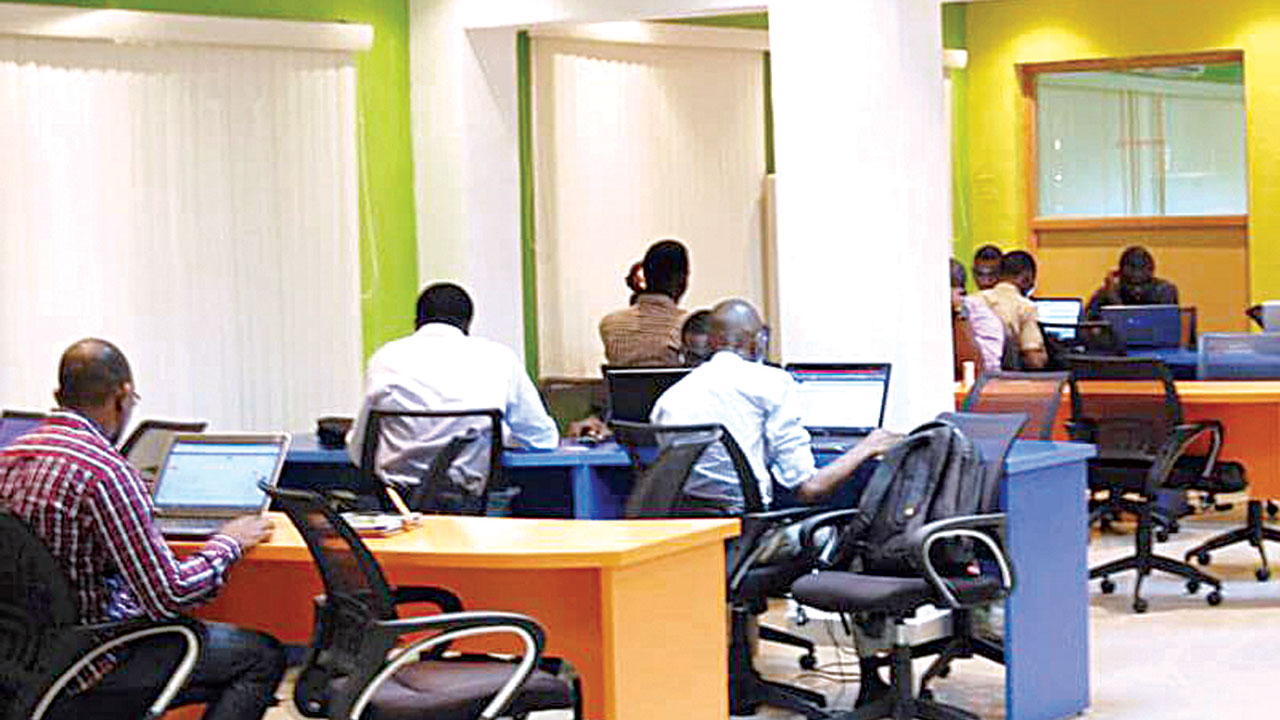The Akin Fadeyi Foundation (AFF) on Tuesday kicked off the ‘What Women Can Do’ competition as part of efforts toward achieving gender-inclusive governance in Nigeria.
At the virtual event, stakeholders identified key steps to increase the participation of women in politics.
Akin Fadeyi, executive director of AFF, said the country had gone backwards in the inclusion of women in governance.
“It is time for us to jettison these mentally self-inflicted barriers, it is time for us to appreciate everything that our fore women, forerunners have done, it is time for us to appreciate every effort the United Nations has put into strengthening the political voice of the Nigerian women,” he said.
Advertisement
Bamidele Ademola-Olateju, Ondo commissioner of information and orientation, said gender-inclusive governance cannot be achieved without first curbing the patriarchal dominance of political parties.
Lilian Anomnachi, executive director of TA Connect, called for a gender transformative agenda, adding that gender norms and societal expectations should also be addressed.
Oh her part, Amina Salihu, senior programme officer at MacArthur Foundation Nigeria, said economic power plays a major role in achieving greater participation of women in politics and governance.
Advertisement
She said women are saddled with responsibilities that are either unrecognised or unrewarded due to societal constructs, and hence fall into what she described as the “poverty of time”.
Chido Onumah, coordinator of the African Centre for Media and Information Literacy, said the Nigerian media has not done enough to promote women’s inclusion in governance, adding that the attitude of the media is a reflection of society.
Tracy Docheff, director of marketing and communications, The New Life Wellness Place, Toronto, said: “Women need to have the choice and need to feel supported through the mentorships, leadership courses, trial and error and practice, to get the confidence and the experience that they need to actively choose these leadership roles and not be forced into them.”
Simon Kolawole, AFF board chairman and chief executive officer (CEO) of TheCable, bemoaned the recent regression in women’s inclusion in governance.
Advertisement
“I remember that there was a time when President Goodluck Jonathan was president, we had about 30% of the cabinet being female ministers and we were celebrating it,” he said.
“Recently, the names of seven ministerial nominees were sent to the national assembly and none out of the seven was a woman.
“Today, only one major party is fielding a female governorship candidate in Adamawa state. There’s no female presidential candidate compared to 2019. We’ve never had a female secretary to the government of the federation, we’ve never had a female senate president, we’ve never had a female deputy senate president.”
Saudatu Mahdi, executive director, Women’s Rights Advancement and Protection Alternative (WRAPA), advised women to purposefully select male allies on the journey to achieving inclusivity.
Advertisement
Add a comment






